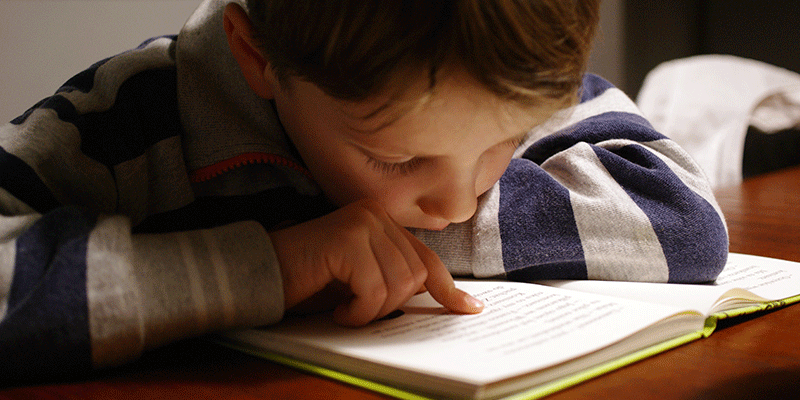
School readiness milestones
Important development milestones that help school go smoothly for children include:
Sensory development―the ability to use touch, sight, and hearing to explore and figure out the world around them.
- Social, emotional, and behavioral development―such as being able to:
- focus and pay attention
- control impulses and emotions
- take turns
- cooperate and follow directions
- make friends
- empathize with others
- control and communicate emotions
- limit aggressive behaviors
Early language, literacy, and math skills―such as being able to talk, listen, and understand concepts like sound-letter associations, numbers, shapes, and how objects are related to each other.
A word about kindergarten screenings or readiness testing:
Some schools may conduct their own tests to evaluate your child’s abilities. So-called “readiness tests” tend to look mostly at academic skills, but may evaluate other aspects of development, too. The tests are far from perfect; some children who do poorly on them do just fine in school.
The AAP believes kindergarten testing or screening should be used a tool to guide curriculum and instruction and support diverse groups of children rather than a gatekeeping test for children to enter school.
So, if the test or screening identifies some areas where your child seems to lag behind, use the information to help you and the school plan for the special attention he may need in the year of kindergarten ahead.
You are your child’s best advocate. By sharing information with your child’s teacher and other school staff, you can help them be ready for your child. At the same time, you are establishing a partnership for your child’s education that can and should continue throughout her childhood.
Last Updated 7/22/2019
Source American Academy of Pediatrics (Copyright © 2019)
The information contained on this Web site should not be used as a substitute for the medical care and advice of your pediatrician. There may be variations in treatment that your pediatrician may recommend based on individual facts and circumstances.





